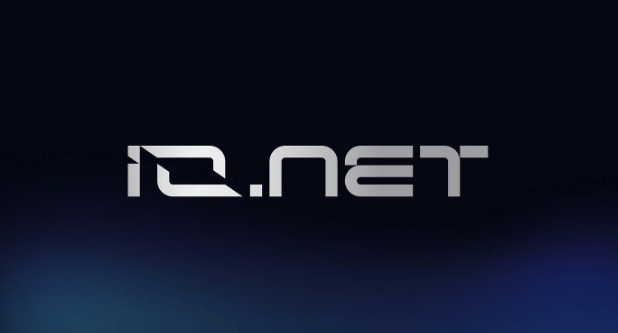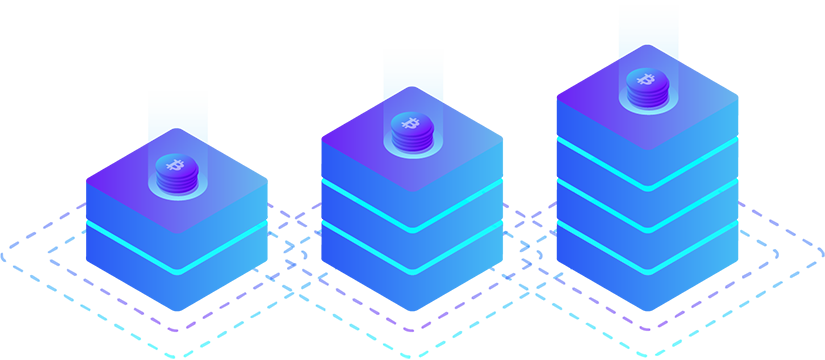
Understanding io.net (IO)
A Comprehensive Overview of the Blockchain Platform
Blockchain technology has continued to evolve, creating decentralized ecosystems that push the boundaries of what’s possible with digital infrastructure.
https://io.net/
One of the platforms making waves in this space is io.net, a blockchain platform that focuses on high-performance, scalable, and decentralized applications (dApps). Central to this ecosystem is the native token, IO, which serves multiple essential functions within the network. In this article, we’ll explore what io.net is, how its token works, and why it’s gaining traction in the blockchain world.
io.net (IO) is a cutting-edge blockchain platform built to support decentralized applications across a range of industries, including finance, gaming, and other high-demand sectors. Designed with scalability and performance in mind, io.net provides a powerful infrastructure for developers and users alike. The platform’s primary aim is to create a space where developers can easily build dApps while ensuring speed, security, and decentralization.
The IO token is the native cryptocurrency that powers the io.net ecosystem. It serves not only as the platform’s utility token but also plays a crucial role in governance and staking activities within the network.
The IO token is integral to the io.net platform, providing various functionalities that are essential for maintaining and expanding the ecosystem.
Here are the main uses of IO:
- Transaction Fees: The most straightforward use of the IO token is to pay for transaction fees on the io.net network. Any operation within the blockchain, whether it’s executing a smart contract or transferring tokens, incurs a fee. The IO token is the currency used to settle these costs, ensuring the smooth functioning of the network.
- Staking and Network Security: In many blockchain networks, staking plays a vital role in maintaining security, and io.net is no exception. Users can **stake IO tokens** to participate in the network’s consensus mechanism, which often follows a Proof-of-Stake (PoS) or a variant thereof. Stakers not only contribute to securing the network but are also rewarded with additional tokens for their participation. This incentivizes token holders to actively engage with the platform while keeping the blockchain safe from malicious activities.
- Governance and Voting: One of the most exciting features of the IO token is its role in **governance**. Holders of IO tokens can influence the future of the platform by participating in votes on key decisions such as network upgrades, protocol changes, or adjustments to system parameters. This decentralized governance structure ensures that the community has a say in how the platform evolves, giving power back to the users rather than a central authority.
- Incentivizing Developers and Participants: The io.net ecosystem thrives on active participation from both developers and users. IO tokens are used as **incentives** to encourage contributions that enhance the platform. For example, developers who create and deploy dApps on io.net can be rewarded in IO tokens, helping to grow the platform’s application base. Additionally, users who provide liquidity or engage with certain network features may also receive incentives, ensuring a vibrant and dynamic ecosystem.
- dApp Development and Functionality: For developers building on the io.net platform, IO tokens serve as a medium of exchange within decentralized applications. Whether they’re used to fuel in-app transactions, power functionalities within gaming platforms, or facilitate exchanges in financial applications, the IO token is at the core of dApp interaction. This integration makes IO highly versatile and essential for seamless dApp operation on the network.
What makes io.net (IO) particularly noteworthy in the crowded blockchain landscape? One of its standout features is its emphasis on scalability. Many blockchain networks face challenges with high transaction volume, leading to slower processing times and higher fees. io.net addresses these issues with a scalable infrastructure that can handle significant transaction loads without compromising on speed or security.
Additionally, io.net’s decentralized governance model ensures that the community remains in control. The ability of token holders to vote on key decisions allows for a more democratic and transparent system, which is often missing from centralized platforms.
Moreover, by offering a robust incentive structure, io.net promotes continuous engagement from both developers and users. The dual focus on governance and incentives makes the ecosystem not just a platform for dApps but a thriving community dedicated to innovation and decentralized technology.
As the blockchain industry continues to expand, platforms like io.net (IO) are paving the way for a more decentralized and scalable future. By leveraging a high-performance infrastructure and empowering users through staking, governance, and development incentives, io.net has positioned itself as a strong player in the blockchain space. The IO token plays an essential role in this ecosystem, providing the utility and governance needed to support its growth.
Whether you’re a developer looking to build decentralized applications or a crypto enthusiast interested in staking and governance, io.net offers a versatile and robust platform worth exploring.
